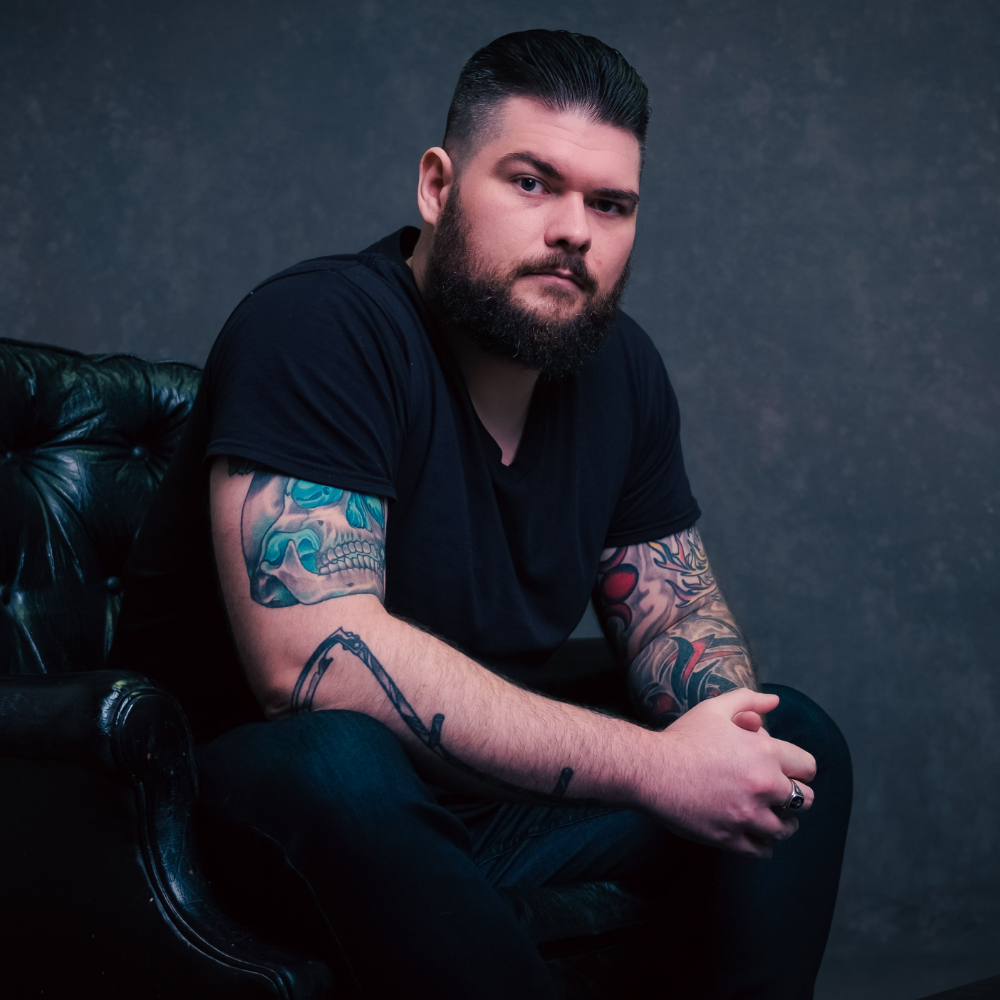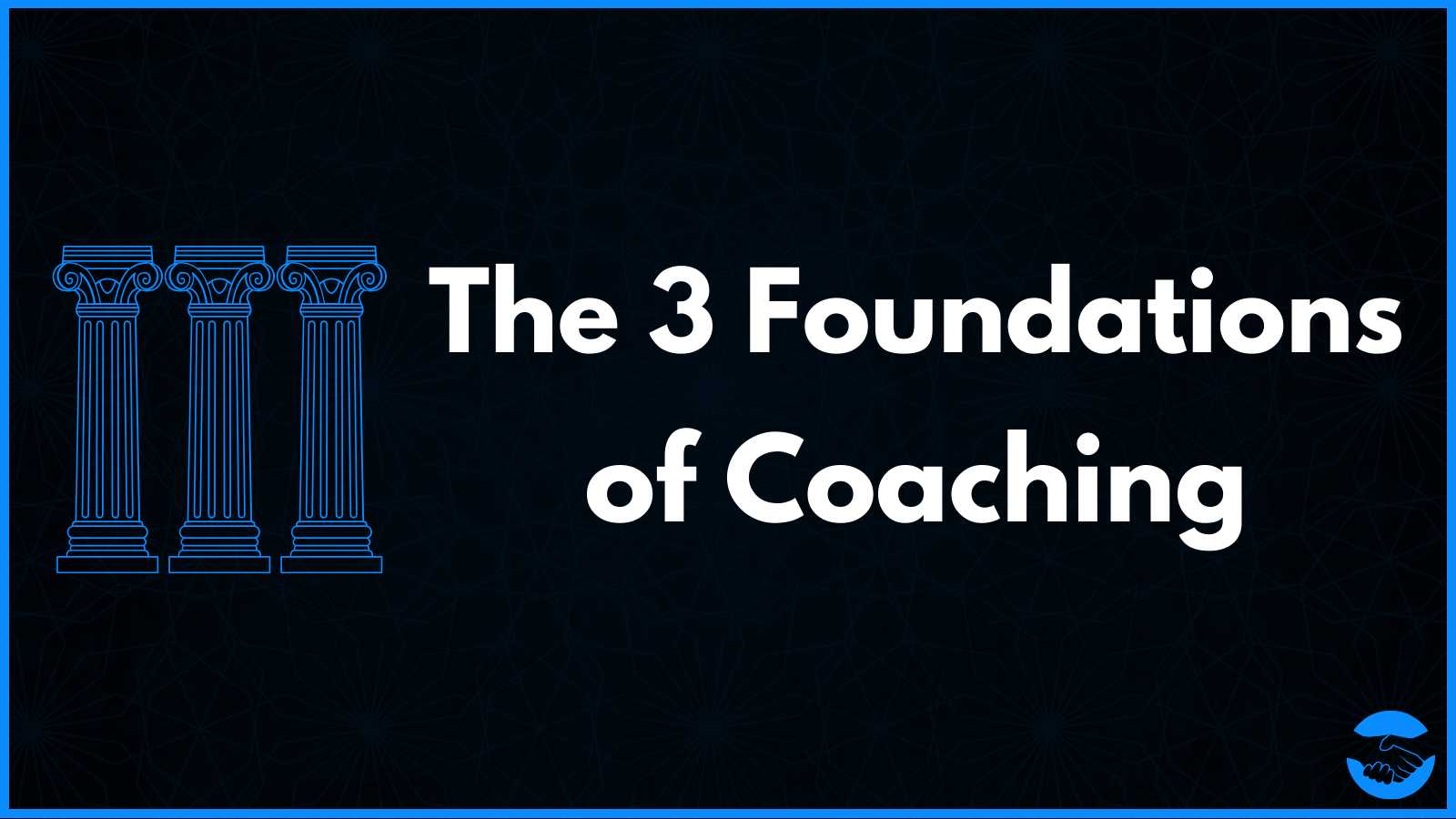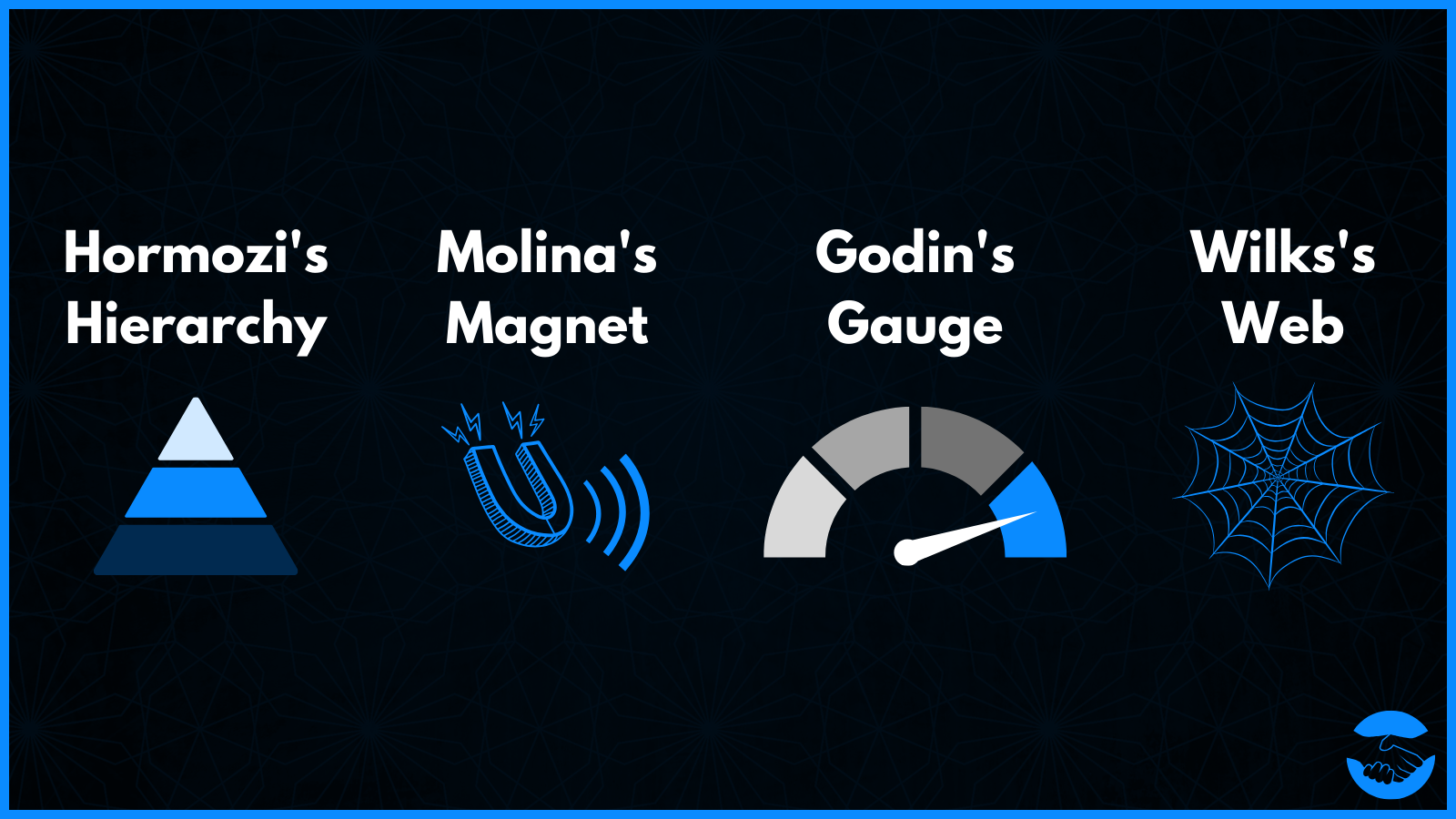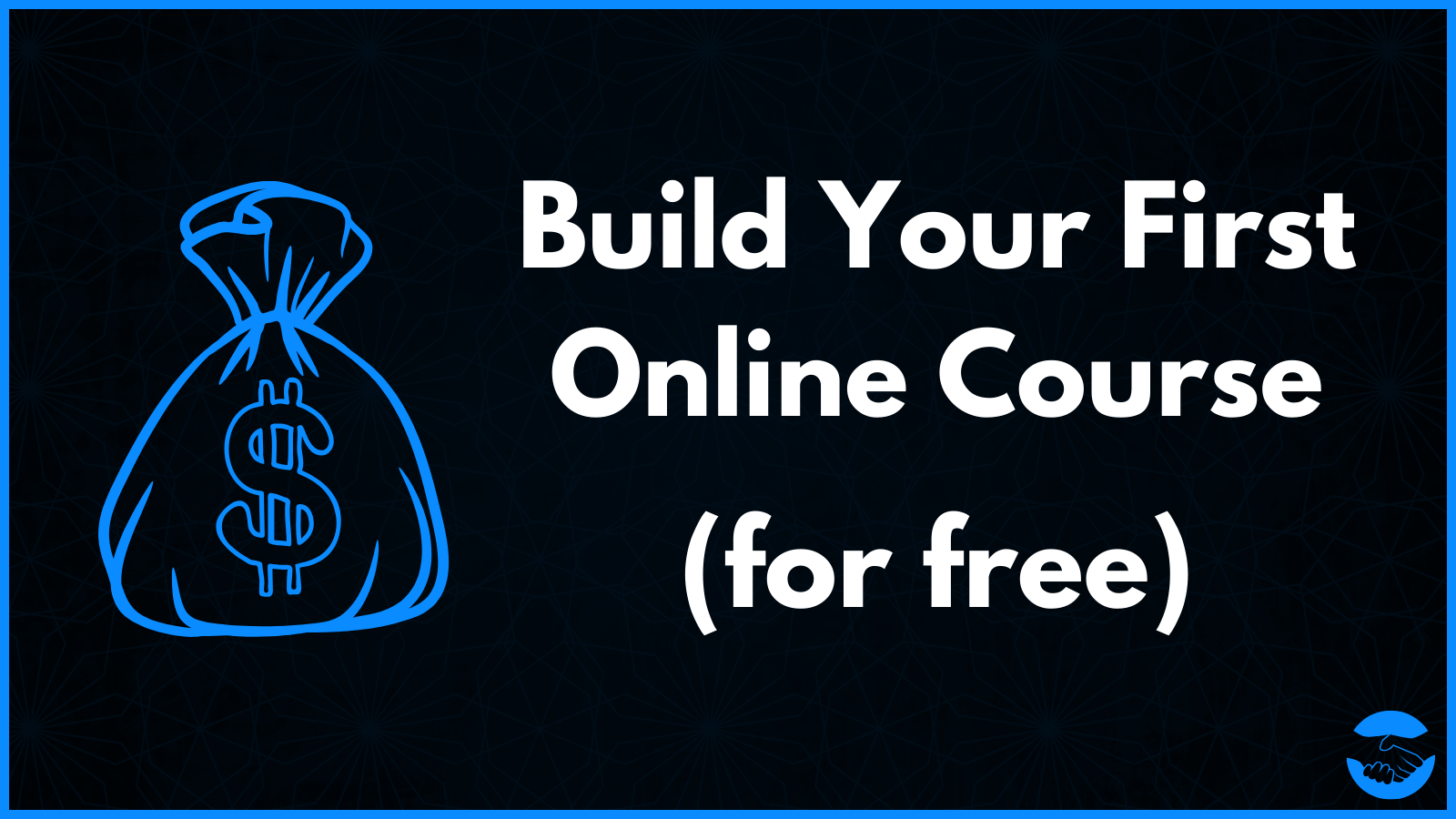You can’t throw a rock online without hitting about a dozen people claiming to be some kind of coach—life, executive, business, mindset, habits—the list is endless.
Calling yourself a coach is the new thing.
But 99% of “coaches” are supremely mediocre.
Anybody can coach.
But few do it well.
So why are there so many mediocre coaches out there claiming they can perform miracles for their clients?
Because great coaches make coaching look easy. So everyone thinks they can just slap “life coach” or “mindset coach” on their Instagram profile and start charging thousands of dollars without any real skills.
There’s a fluidity that all great coaches have spent years, decades, developing that makes their skills look effortless from the outside.
So if you want to rise above the flood of mediocre coaches, you have to develop the same fluidity.
But there are tons of skills you’ll have to learn as a coach, so it can be intimidating when you’re trying to prioritize which skills to focus.
Luckily, I’ve distilled the three critical skills every great coach masters first, so you can start practicing and developing these skills in your own coaching practice to become a world-class coach.
Let’s dive in…
1. Build Rapport
I took 12 years’ worth of classes and hundreds of hours of additional training and supervision to get my doctorate in psychology. Then I spent half a year after that taking more classes to get certified as an executive coach.
80% of my education and training revolved around one concept: Build rapport.
Relationships are everything.
So learning to build a deep, trusting relationship with your clients quickly is critical to helping them get great results.
In fact, a strong rapport is the single best predictor of success and satisfaction in coaching.
No matter how much you know, you won’t be effective if people don’t feel comfortable working with you.
This is why EQ is so much more influential than IQ when it comes to succeeding as a coach.
I’ve known plenty of highly intelligent assholes that never succeeded because no one wanted to work with them.
If people don’t feel psychologically safe, they won’t feel comfortable enough to open up in conversation. Vulnerability is foundational to effective breakthroughs in coaching.
By building rapport, you create an environment of psychological safety so your client feels comfortable enough to be vulnerable and have the deep, candid conversations they have to have to break through whatever plateau has been holding them back.
But building rapport isn’t just about being nice and friendly—it’s about coming from a place of genuine curiosity rather than judgement and striking a balance between supporting them and challenging their current thinking.
Another way to approach building rapport is to use your personality and quirks to make people feel safe and form a connection.
Common reasons clients give for choosing to work with me include things like “You seem fun to hang out with,” “You don’t look like other doctors,” and “You’re blunt and no-bullshit.”
I cuss a lot and have tons of tattoos—things my old supervisors told me would keep me from success. But today, these are the very things that draw people to me. Because people can tell I’m authentic, and authenticity goes a long way to building trust and forming a connection with people.
Rapport is just about making people feel comfortable enough to open up and have a deep, meaningful, candid conversation.
There’s no one way to build rapport.
Find what works for you.
2. Ask Open-Ended Questions
Mediocre coaches ask closed-ended questions, meaning they can be answered with a quick “yes” or “no.”
Closed-ended questions don’t give you much information and rarely move the conversation forward. They’re fine if you’re only looking for confirmation—”Did you do X?”
But great coaches leverage open-ended questions to get tons of information and dig deeper.
Open-ended questions can’t typically be answered with a single-word answer, so they move the conversation forward effortlessly.
Here’s how to turn the closed-ended question of “Did you do X?” into an open-ended question:
- How did you…
- In what way…
- If you could…
- How might you…
- What stops you from…
- What would you do if…
- What have you tried to…
Most open-ended questions start with things like how, why, or what, which is a simple rule of thumb if you want to get out of the habit of asking closed-ended questions—just slap one of those onto the beginning to turn it into an open-ended question.
Great coaches know that the quality of your questions influences the quality of conversation you can have with your clients. Because quality questions lead to deep insights, which helps your clients take meaningful action forward.
3. Practice Active Listening
Great coaches know being fully present is paramount to building rapport and asking open-ended questions.
Mediocre coaches don’t listen—they just wait their turn to talk.
Great coaches practice active listening—which is listening with the intent to understand rather than respond.
People can tell if you’re not fully present when they’re talking to you. If they pick up that you’re not paying attention, they won’t feel psychologically safe to open up—because what’s the point since you’re clearly not paying attention?
And if you aren’t fully present, you won’t be paying enough attention to know which open-ended question to ask next to continue the conversation moving forward to help your clients develop deep insights.
But the way most coaches are taught active listening is wrong—even when I went through a certified coaching program that cost thousands of dollars and took 6+ months to complete.
Active listening isn’t about parroting back the last few words your client said or paraphrasing the conversation. This is how it’s typically taught—don’t do this.
Active listening is about listening so deeply you can synthesize and offer context to what your client says to help them make connections they wouldn’t have made on their own.
There’s no secret technique to active listening—just be fully present in the conversation instead of letting your thoughts or attention wander somewhere else.
Wrap Up
Coaching isn’t about spoon-feeding your clients answers, it’s about guiding them to their own truth by helping them clarify what matters, identify what’s standing in their way, and stay accountable to take deliberate action forward.
This is why these are the three foundational skills every great coach masters first.
- By building rapport, you help your clients feel psychologically safe and supported.
- By asking open-ended questions, you help your clients clarify their thinking.
- By actively listening, you help your clients develop powerful insights.
Focus on mastering these, and you’ll be well on your way to developing the fluidity to help your clients will flourish.
This exclusive community is for coaches who want to scale their income and impact alongside other coaches to learn from, support, and network with to help each other succeed.
You’ll learn the strategies top personal and executive coaches around the world leverage to stand out from the competition, build a business that supports their lifestyle, and attract opportunities most people only ever daydream about.
Click here to learn more!




